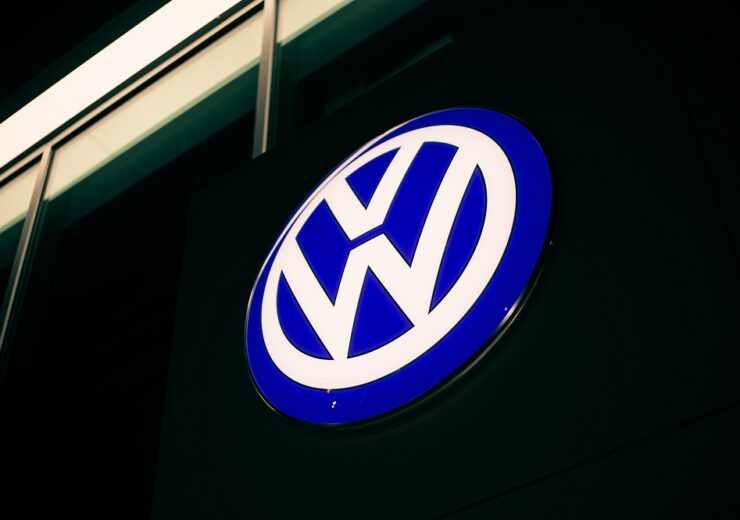The German automotive manufacturer joins Google, BMW, Samsung and BASF in the 'Cobalt for Development' initiative, as it seeks an ethical supply of the metal

The DRC produces most of the world's cobalt used by large industrial manufacturers, but the sector has been plagued by safety and ethical issues
Volkswagen has signed up to the Cobalt for Development initiative – a cross-industry scheme to promote sustainable cobalt mining in the Democratic Republic of Congo (DRC).
The German carmaker joins other household names to enter the programme, including Google, Samsung, BMW and BASF.
Interest in cobalt is booming amid the rise of electric vehicles and other consumer electronics, as a key manufacturing component of their rechargeable batteries.
Around 70% of the world’s resources are based in the DRC, a region where mining operations have been beset by safety, environmental and human-rights issues – and unregulated artisanal mining accounts for up to 30% of production, according to the World Economic Forum.
For big brands like Volkswagen this poses a problem – how to source much-needed cobalt without contributing to supply chains that are marred by sometimes unsafe and exploitative working conditions.
The company says it does not currently accept cobalt from artisanal miners, but will work with the Cobalt for Development initiative to establish a framework through which it can work with small-scale miners to procure the metal while contributing to regional development.
“For our e-mobility strategy, sustainable and responsible sourcing of raw materials is of the utmost importance,” said Ullrich Gereke, head of procurement strategy at the Volkswagen Group.
“Cobalt plays a vital role for us, despite a decreasing amount of the raw material in newer generations of batteries for electric vehicles. We are seeking to establish artisanal mining in the Democratic Republic of Congo as a strictly sustainable cobalt source, because the existence of many local communities depends on this sector.”
The Congolese government has taken steps to bolster domestic small-scale mining this year, by establishing a state-run business to purchase artisanally-produced cobalt in a bid to exert greater control over revenues from this market amid a commodity-price slump.
Volkswagen to launch training schemes for artisanal cobalt miners in the Congo
The Cobalt for Development initiative will involve training schemes for miners and mine operators in areas of health, safety and environmental sustainability – a process Volkswagen says has already begun.
It will engage with government authorities, local mining co-operatives and civil organisations to improve mine-site management through these schemes, as well as widening access to education and offering training in conflict resolution.
Initially, 1,500 miners from 12 artisanal cobalt-mining co-operatives around the Kolwezi region will be trained, and a test mine set up to determine “under what conditions responsible artisanal mining could be viable”.
Several similar schemes have emerged recently as big-name companies seek ethical supply chains for critical minerals like cobalt that are increasingly in-demand worldwide but often located in regions, like the DRC, where conflict and political volatility can leave industrial policy overlooked.
The Fair Cobalt Alliance – which counts Glencore and EV giant Tesla among its membership – launched in August with a similar goal of promoting better standards for artisanal mining in the Congo.
Other globally-focused initiatives exist too, including the Initiative for Responsible Mining Assurance (IRMA), the Responsible Minerals Initiative (RMI) and the International Council on Mining and Metals’ (ICMM) “Mining Principles” framework.